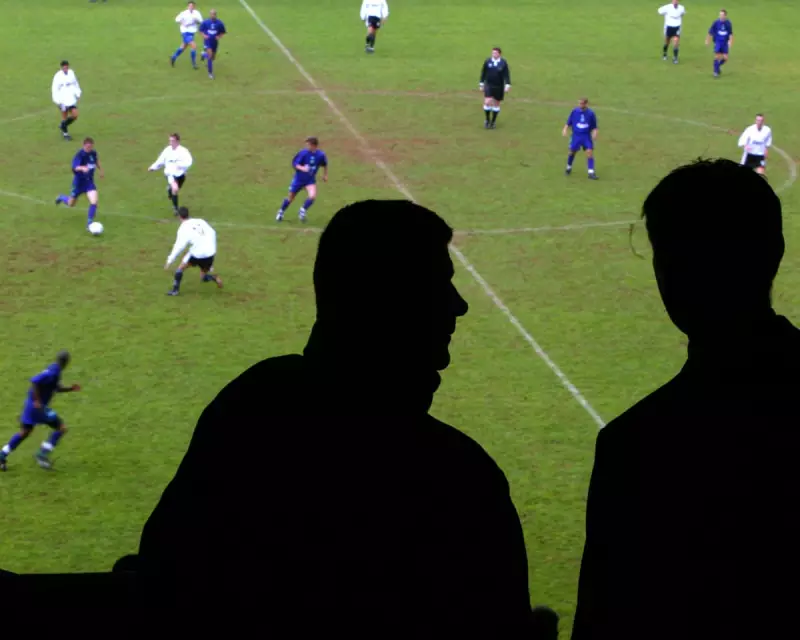
Behind every multi-million pound football transfer lies a network of dedicated scouts operating in the shadows, whose work bears striking similarities to the high-stakes role of a football manager. While managers take the public glory, these talent spotters face immense pressure and complex challenges that shape the future of clubs.
The Unseen Pressure Cooker
Modern football scouting has evolved far beyond simply watching matches and taking notes. Today's scouts operate in a high-pressure environment where every recommendation carries significant financial and career consequences. One wrong call can cost a club millions and potentially end careers, creating a burden that few outside the industry truly understand.
A Job of Many Hats
Contrary to popular belief, the role extends well beyond identifying talented players. Scouts must become:
- Data analysts interpreting complex statistics and performance metrics
- Character assessors evaluating mental strength and adaptability
- Negotiation experts navigating complex transfer discussions
- Cultural interpreters understanding how players fit into different football environments
The Manager Parallel
Many within the industry draw compelling comparisons between scouting and management. Both roles require:
- Making critical decisions under intense time pressure
- Managing substantial financial resources and expectations
- Building and maintaining extensive networks across the football world
- Balancing short-term needs with long-term strategic planning
"The margin for error is incredibly small," explains one veteran scout with over two decades of experience. "When you're recommending a club spends £20 million on a player, that decision carries as much weight as any team selection a manager makes."
The Changing Landscape
The digital revolution has transformed traditional scouting methods. While boots-on-the-ground observation remains crucial, it now complements sophisticated data analytics and video analysis systems. This technological evolution has raised the stakes, with clubs expecting more precise and data-backed recommendations than ever before.
The Human Element
Despite technological advances, the personal touch remains irreplaceable. Building relationships with players, agents, and other clubs forms the bedrock of successful scouting. The ability to read body language, understand personal circumstances, and predict how a player will adapt to new environments separates exceptional scouts from merely good ones.
As one Premier League scout revealed: "We're not just looking for talented players; we're searching for the right human beings who can handle the pressure, fit the club culture, and develop into assets both on and off the pitch."
The world of football scouting continues to operate largely away from the public eye, but its influence on the beautiful game has never been more significant or demanding.





